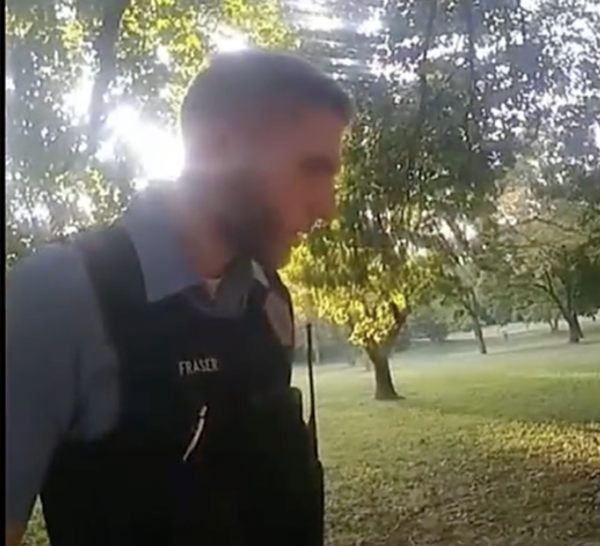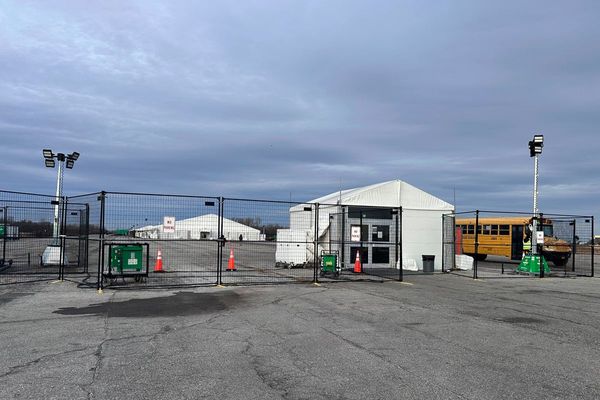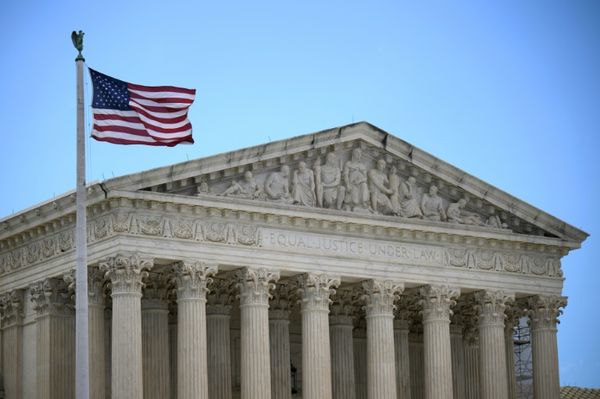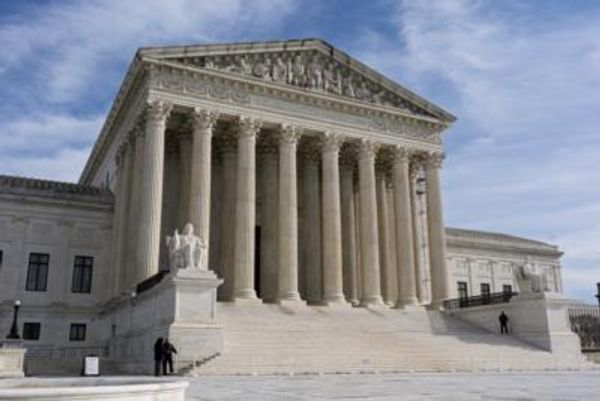
The Supreme Court is currently deliberating on former President Donald Trump's claim of absolute immunity from criminal prosecution. The initial questioning by the court indicates skepticism towards Trump's assertion.
During the questioning, even conservative justices seemed inclined to differentiate between official acts, which might warrant immunity, and private acts, which likely would not. This distinction could be crucial in determining the outcome of the case.
Notably, Trump's attorney seemed to acknowledge that some of the claims under consideration were related to private acts. Special counsel Jack Smith has contended that if this is the case, the matter should be sent back to a federal district court in Washington, DC, for a prompt trial.
The court's leaning towards distinguishing between official and private acts suggests a nuanced approach to the issue of presidential immunity. This could have significant implications for the legal proceedings involving Trump.
As the case unfolds, it will be interesting to see how the Supreme Court's deliberations shape the future of Trump's legal battles and the broader implications for presidential immunity in the United States.







